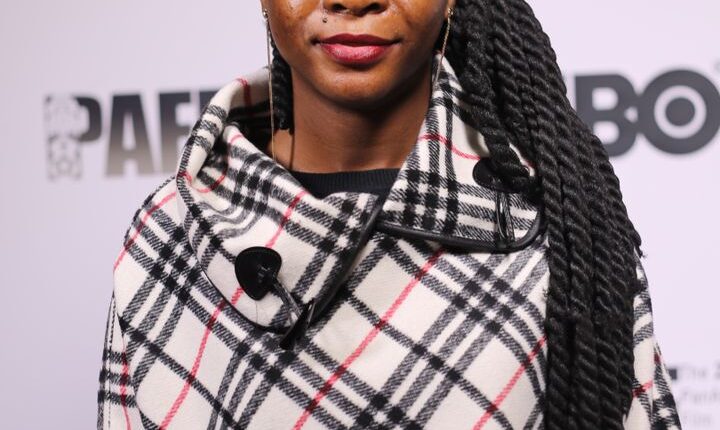Award-winning Ghanaian-American filmmaker Leila Djansi has strongly criticised Ghana’s film industry, calling it “a crime scene”, emphasizing that envy, gossip, sabotage, and a lack of community support are some of the reasons why the industry is struggling.
In a passionate Facebook post that has gone viral on 21st June, 2025, Djansi expressed sadness over the division within the industry.
“Such a small country, with so much hatred for each other. Ghana is a crime scene,” She wrote.
Djansi compared Ghana’s creative space to the work of American filmmaker Tyler Perry. She praised Perry for staying connected to his community and building a strong support system.
“Let’s get one thing straight. Tyler Perry did not wake up one morning to that level of support. He built his audience from the ground up. He never served Hollywood. He served his audience. And they, in turn, supported him because he gave back to them, not just with art, but with humanity,” she stated.
Djansi highlighted Perry’s choice to set up his studio in Georgia, not Hollywood, as proof of his commitment to his roots. She said his audience remained loyal because he stayed true to them and gave back genuinely.
Shifting her focus to Ghana, Djansi expressed disappointment in what she sees as an unhealthy culture in the film industry. She condemned the widespread gossip, envy, and “clique” behaviour among creatives.
“In Ghana, too many people operate in gossip cliques. You only support people in your circle. And when Ghanaians, ordinary people, buy your movies, you reward them by posting pictures of your Gucci purse. Flaunting your luxury to pepper the very people who spent their last dime supporting you.
It is gossip. Backbiting. Lies. Drag you on facebook with lies for no reason! Schadenfreude. Jealousy. Envy. And now political aggrandizement has joined the list.
Support what exactly? What kinds of stories? Stories about the human condition? The state of humanity in the country? People support relatability.” she added.
She also criticized how support is often based on personal feelings, not talent or hard work.
“We use support as a reward. If we’re happy with you personally, we support you. But white audiences don’t care about you, only the quality of your work”
Djansi went on to share how she had tried to help local filmmakers but was met with insults and jealousy.
“I once sent a top acquisitions executive from a major studio to watch a Ghanaian film. The next day, the filmmakers dragged me in an interview, calling me an underachiever,” she said.
She said some creatives are afraid to accept help from more experienced people because they fear being overshadowed. According to her, storytelling should be treated as a service, not a way to become famous.
“Being a storyteller is about service. That gift is from God. Use it to serve the world, it’s not about you!”
Known for powerful films like Like Cotton Twines and Where Children Play, Leila Djansi continues to call for professionalism, unity, and purpose-driven storytelling in Ghana’s creative space.


Comments are closed.